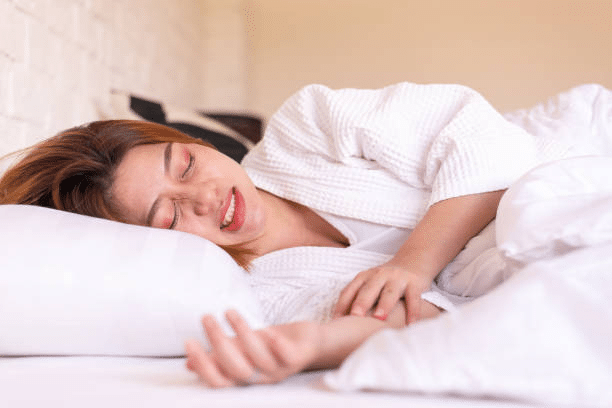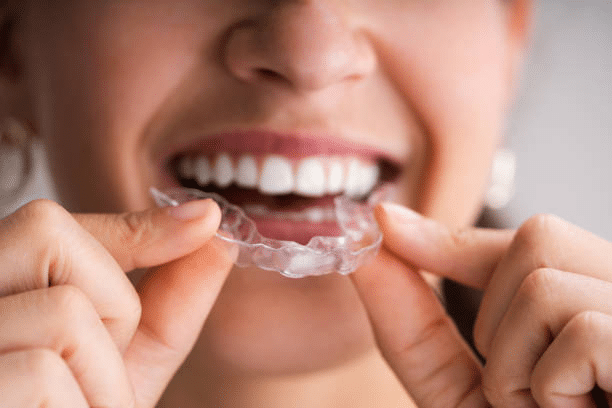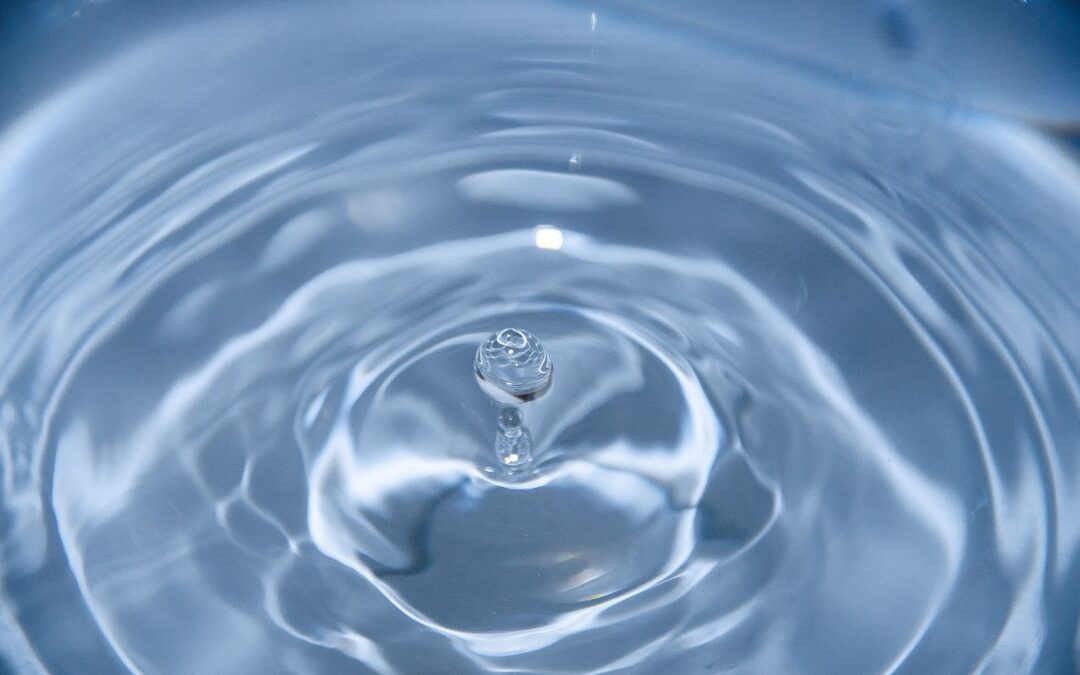Teeth grinding at night is a frequent symptom of bruxism, which may harm your teeth and hurt your jaw. Although the exact origins of bruxism are unknown, they are believed to include several underlying systems, including stress hormones, temporomandibular problems, and neural system activities.
Obstructive sleep apnea (OSA) is a sleep-disordered breathing that often affects adult patients. This sleep disorder is characterized by respiratory events leading to micro-arousals and impairing sleep quality. There is a sluggish correlation between sleep apnea and sleep-related bruxism. OSA is one of the significant risk factors.
CPAP therapy is an effective treatment for sleep apnea, which maintains the airway’s openness using air pressure. Treatment with a CPAP machine may help stop OSA-related bruxism. Sleep specialists or dental sleep medicine dentists advocate CPAP therapy for sleep apnea patients.
This post discusses bruxism treatments including mouth guards and relaxation strategies, including their pros and cons. They can also be used alongside CPAP therapy to treat sleep apnea and bruxism.
Understanding Sleep Bruxism Related To Obstructive Sleep Apnea

One of the less well-known effects of sleep apnea is its link to bruxism, a disorder marked by nighttime teeth grinding or clenching. Let’s investigate the relationship between OSA and bruxism, including the prevalence of bruxism in OSA patients, probable underlying causes, and relevant current study results.
Bruxism Prevalence In OSA Patients
Recent research has shown that patients with sleep apnea commonly brux. In fact, it has been believed that up to 50% of OSA patients have bruxism linked to sleep. This is much greater than the estimated 8–10% prevalence of bruxism in the general population.
Possible Factors Contributing to the Connection
Several suggestions have been proposed, even though the precise processes bridging OSA and bruxism still need to be discovered. One of the most generally recognized theories for sleep apnea is that it can cause changes in the nervous system that increase the activity of the masseter and temporalis muscles, which are the primary muscles responsible for moving the jaw while you sleep. These muscles are involved in repetitive respiratory events associated with sleep apnea. According to another notion, stress chemicals generated during respiratory episodes might create micro-arousals that can lead to bruxism.
The Role of CPAP And MADs
Recent studies on OSA and bruxism indicated a weak correlation and a temporal association. One study found that CPAP therapy, the gold standard for treating sleep apnea, may reduce sleep bruxism. According to another research, mandibular advancement devices (MADs), dental appliances designed to keep the airway open as you sleep, might lessen the severity of bruxism-related tooth wear.
A complicated and diverse syndrome is associated with bruxism and sleep apnea, but it is not well understood. More research is needed to determine the exact mechanisms linking teeth grinding and sleep apnea. Nonetheless, CPAP therapy and MADs effectively lessen the frequency and intensity of sleep apnea patients’ bruxism-related teeth grinding.
The Benefits Of CPAP Therapy For Bruxism
CPAP therapy as a viable treatment for sleep-related bruxism, a disorder characterized by the grinding or clenching teeth while asleep, has recently attracted growing attention.
Studies show a strong link between OSA and sleep bruxism events, with OSA patients being more prone to bruxism symptoms. One reason for this connection is that bruxism may be caused by the body’s effort to open a partially blocked airway while you sleep.
By maintaining the airway open while you sleep with a constant stream of air pressure, CPAP treatment helps to reduce the symptoms of sleep apnea. Evidence shows that CPAP treatment may help lessen the severity of bruxism symptoms in individuals with both OSA and bruxism.
CPAP reduces jaw movement via the masseter and temporalis muscles, which are involved in bruxism episodes. Research shows that CPAP treatment reduces sleep-related muscle activity, which may affect bruxism. CPAP therapy may be a successful treatment for sleep-related bruxism.
According to one study, CPAP treatment significantly reduced the frequency of bruxism occurrences and the degree of tooth wear in individuals with both OSA and bruxism compared to those who did not get it.
Also Read: CPAP Therapy And Snoring: Benefits and Tips for Better Sleep
Advantages of CPAP treatment for Bruxism
- Enhanced sleep quality: As bruxism is often linked to underlying sleep disorders like OSA, CPAP treatment may improve sleep quality by treating these disorders. This may lessen the symptoms of bruxism.
- Decreased teeth grinding: By minimizing the number of wakeups from sleep and eliminating airway obstructions, CPAP treatment may assist in lessening teeth grinding and jaw clenching.
- Reduced chance of tooth damage: CPAP treatment may also lessen the chance of tooth damage, such as cracked or worn-down teeth, by decreasing jaw clenching and teeth grinding.
- Reduced risk of associated health problems: Temporomandibular disorders (TMD), headaches, and face discomfort have all been associated with bruxism. CPAP treatment may lessen the symptoms of bruxism, which can lower the risk of several associated health problems.
- An overall increase in quality of life: For those who grind their teeth, CPAP treatment may improve quality of life by lowering symptoms and enhancing sleep.
Patients with sleep-related bruxism may benefit from CPAP therapy, which has been proven effective treatment for OSA. CPAP may improve sleep quality and reduce bruxism symptoms in persons with certain conditions.
Alternate Bruxism Treatment Options

There are alternative therapies for persons with sleep-related bruxism, while continuous positive airway pressure (CPAP) therapy is the most successful for bruxism linked to obstructive sleep apnea (OSA).
Treatment options for bruxism are many. The following are some other bruxism treatments:
Mouth guards
Dental practitioners often recommend mouth guards to prevent teeth from being damaged by nightly teeth grinding. Designed to fit over the teeth, mouth guards offer a protective barrier that may decrease the damage caused by bruxism. To meet the patient’s demands, mouth guards may be created from various materials, including soft, rigid, or hybrid materials.
Relaxation methods
Relaxation methods that may help decrease stress and anxiety contributing to bruxism include yoga, deep breathing, and meditation. These methods ease jaw tension and lessen the severity of teeth grinding.
Biofeedback
A method in which electrical instruments monitor and offer feedback on biological functioning. Those who brux may learn to regulate their jaw muscles activity and increase their awareness of their bruxism with biofeedback.
It’s important to remember that these additional bruxism treatments may be utilized in addition to CPAP therapy. To maintain the airway open while you sleep, CPAP treatment entails wearing a mask over your nose or mouth that provides air pressure.
It may help reduce bruxism associated with OSA and is the most effective therapy for obstructive sleep apnea syndrome (OSAS). After OSA treatment, some people may still grind their teeth, requiring additional treatment.
Although CPAP therapy is the gold standard for treating sleep-related bruxism linked to OSA, other therapies are available for those without OSA or for people whose OSA has been successfully treated but still grind their teeth at night.
CPAP therapy, mouth guards, relaxation exercises, and biofeedback can improve sleep health and reduce tooth wear and other symptoms.
Conclusion
CPAP therapy offers a promising solution for individuals suffering from bruxism, particularly those whose teeth grinding is linked to sleep apnea. By ensuring a steady airflow and preventing apnea episodes, CPAP therapy can significantly reduce the occurrence of bruxism, leading to a more peaceful sleep and less wear and tear on the teeth. This approach not only improves sleep quality but also contributes to overall dental health, making it a valuable treatment option for those struggling with nighttime teeth grinding.
“Enhance your sleep and protect your dental health with our specialized CPAP accessories. Explore our range of products designed to complement CPAP therapy and address bruxism effectively. Visit Resway CPAP Accessories for solutions that can help you achieve a more restful and teeth-grinding-free night’s sleep.



